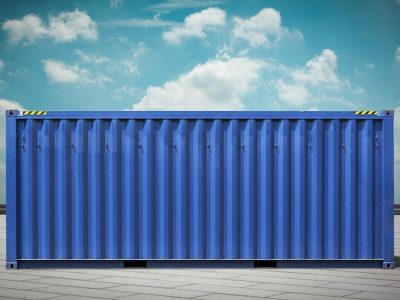Indirect taxes play a central and indispensable role in shaping the Indian economy, making a profound impact on businesses and individuals alike. Understanding the key tax laws is not just crucial but empowering for navigating the intricacies of the taxation landscape. Indirect taxes, imposed on goods and services, ultimately affect consumers by contributing to the final prices. India’s indirect tax system is a complex network intertwined with myriad laws that govern the taxation of goods and services.
In the section below, we’ll explore India’s prominent indirect tax laws and their significance and implications for the nation’s economic framework.
So, let’s get started.
Key Indirect Tax Laws in India
The Goods and Services Tax (GST)
The Goods and Services Tax (GST) is a significant tax designed to create a unified and simplified tax structure, benefiting businesses and consumers. Under GST, goods and services are categorized into different tax slabs such as 5%, 12%, 18%, and 28%. Essential items such as food grains, healthcare, and educational services are exempted or taxed at lower rates, easing the burden on the common man.
Central Excise or CENVAT
Central Excise, introduced in 1944, is an indirect tax on goods’ production, manufacturing, and sale. The central government applies this value-added tax at the point of origin rather than the consumption point. It is now known as Central Value Added Tax (CENVAT) and is administered by the Central Board of Excise and Customs.
Value-Added Tax (VAT)
VAT is an indirect tax imposed on goods sold within states, aiming to create a uniform tax system across India. It is levied at multiple points of sale, with the rate varying from state to state. VAT replaced the earlier Sales Tax in 2005 and is administered by State Value Added Tax departments.
This tax is an essential revenue source for state governments, enabling them to fund various development projects and public services.
Service Tax
Introduced in 1994, Service Tax is an indirect tax on services provided in India. It is levied at the point of service delivery and collected by the service provider. Various services like banking, insurance, advertising, and transportation fall under its purview. It is administered by the Central Board of Excise & Customs (CBEC) and collected by the Central Government.
Entertainment Tax
Entertainment tax is an indirect tax imposed on entertainment activities such as movies, television shows, and live performances. State governments typically levy it, although some cities may also levy it separately. The rate of taxation varies from one state to another but is usually higher for luxury items such as multiplexes and movie tickets.
Custom Duty Tax
Custom Duty Tax is an indirect tax on imported goods, levied at the point of entry. The rate depends on the type and value of goods and serves to protect domestic industries by making imports relatively more expensive. The Indian Customs administers this tax collection at the ports of entry.
Understanding these tax laws is crucial for individuals and businesses to comply with regulations and minimize tax liabilities. Seeking professional assistance in tax assessment and litigation can provide valuable support in accurately calculating taxes, ensuring compliance, and resolving disputes with tax authorities effectively. By navigating these indirect tax laws with proper guidance, taxpayers can contribute to the country’s economic growth and development.
Importance of Tax Assessment and Litigation Assistance
Tax assessment and litigation assistance are crucial aspects of the tax process that provide valuable support to individuals and businesses. Tax assessment involves carefully evaluating financial records and activities to determine the accurate amount of taxes owed, ensuring compliance with tax laws and avoiding penalties. It also helps in minimises arise.
Professional guidance can help taxpayers navigate complex legal procedures and present their cases effectively.
Minimise Tax Liabilities with Tax Assessment and Litigation Assistance
The Indian government has implemented several key indirect tax laws to collect revenue and protect domestic industries. Understanding these taxes is essential for individuals and businesses looking to comply with applicable regulations.
Moreover, proper assessment and litigation assistance can help minimise tax liabilities and resolve disputes with tax authorities. Therefore, taxpayers must seek professional help to ensure accurate tax calculations and avoid penalties.













Comments